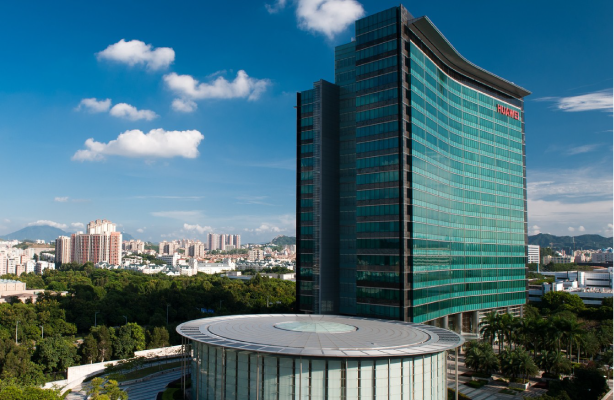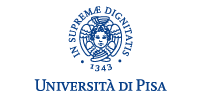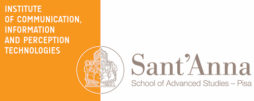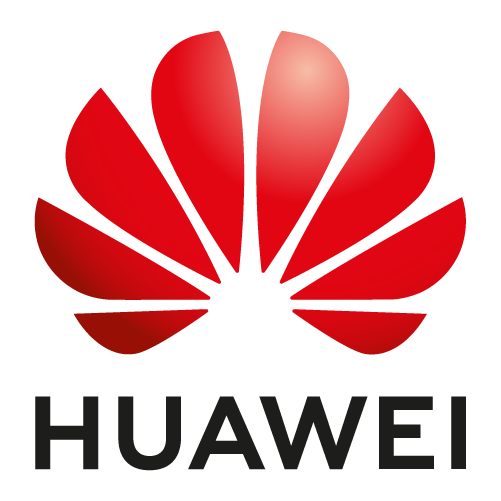
on 6th November 2020


Automotive systems are entering a new era, where vehicles integrate more and more functionalities: they are heavily connected with the surrounding environment and the Internet-of-Things, and most importantly, they become capable of independent decisions, that is, they are more “intelligent”. This revolutionary change in the way we build our cars requires a technological shift also in the computing platforms, opening up a number of opportunities for innovation and research.
Founded in 1987, Huawei is a leading global provider of ICT (Information and Communications Technology) products and solutions for network infrastructure and business and consumers smart devices.
With +194,000 employees Huawei operates in +170 countries, serving more than three billion people around the world.
We are committed to bringing digital to every person, home and organization for a fully connected, intelligent world.
Innovation has been the very foundation for Huawei’s survival and growth over the past 30 years. We will continue redoubling our efforts in exploring future-oriented cutting-edge technologies and basic research, with an annual investment of US$3 billion to US$5 billion.
Present in Italy since 2004, Huawei has steadily increased the investments in research counting on 5 Innovation Centers, 3 Research Centers focused respectively on high frequency microwave, wireless and optical RF technologies, real-time embedded software and consumer experience design, 4 Joint Labs and several R&D cooperation projects with the main Italian Universities aimed at studying cutting-edge technologies.
Zhu Ming, Director of Pisa Research Center
Challenge
The focus of 2020 Italy University Challenge is on “Real-Time Intelligent and Automotive Applications”: automotive embedded software is becoming more and more crucial to guarantee low fuel consumption, respect of pollution parameters or longer life-time of mechanical components. It needs also to guarantee safety, not only because most of the safety-critical functionalities such as ABS or TCS are controlled by software systems, and also because of the development of new challenging features such and Adaptive Cruise Control and Autonomous Driving, where the reliability of hardware and software components is crucial to guarantee the safety of the vehicle.
Output
Projects providing embedded automotive software in the following fields:
Projects submitted should be composed by the following components:

Source code and compiled binary application (the source code will be made available to the evaluation team only for the purpose to prove the originality of the work and evaluate its software architecture)

A small document describing the software submitted for the challenge

A video showing the application running

A poster that the participants will be able to show (optional)
Paolo Gai, Director of Huawei Embedded Software Lab
WE’RE LOOKING FOR YOU!
2020 Italy University Challenge is the opportunity for university, master and PhD students to:
-
-
-
- keep in touch with these new technologies and technical challenges;
- give the possibility to understand the application field and programming paradigms;
- start (or deeply know) professional solutions and common issues typical of the automotive domain;
- being able to interact with industrial-grade software;
- cooperate with domain experts.
-
-
HOW & WHEN
Participants will be able to apply as individuals or as a team of up to 3 people. Projects must be delivered within October 26th.
How good are you at software development?
I’M EXPERIENCED
In the Experienced track, you will develop projects with embedded hardware and software of your choice, showing a running demo application. This track is ideal if you already want to show some application or demo which is part of the research inside research and University departments.
I’M A BEGINNER
In the Beginner track, you will develop a demo application on an existing embedded board, that will be shipped to you. The board is a low-cost board featuring a display and a number of embedded peripherals.
A customized software package based on the ERIKA3 RTOS with basic demos will be available for download once registered. The kind of projects accepted for the Beginner track start from simple demos and small videogames to more complex applications.
PRIZES
Winners of both categories will be awarded with Huawei products
1° Prize
Huawei Matebook D14
2° Prize
Huawei P40 Lite 5G
3° Prize
Huawei Freebuds 3

The chance to visit a Huawei Research Center

STUDENT WORKSHOP
On November 6th participants will be invited to join the Huawei Student Workshop in Pisa, an offline event where students, professors and Huawei R&D experts will meet and interact, discuss the projects and build a direct relationship for future cooperation and internship or job opportunities.
The event will be arranged according to Covid-19 situation and in compliance with safety regulations.
Our Partner

University of Pisa
The School of Engineering is performing advanced research in the context of automotive systems, safety and security, and it offers various courses in embedded automotive software, and is hosting the student workshop in the beautiful location of the Convento Delle Benedettine.

Sant'Anna School of Advanced Studies - Pisa
The TeCIP Institute was created in Pisa in 2001 as a Centre of Excellence of the Italian Ministry of University Research and Education.
Core activities of the Institute are research and education linked to Communication, Computer Engineering and Perception Technologies.
Main research areas are: optical communication networks, real-time embedded software, virtual environments, and human-machine interfaces.






